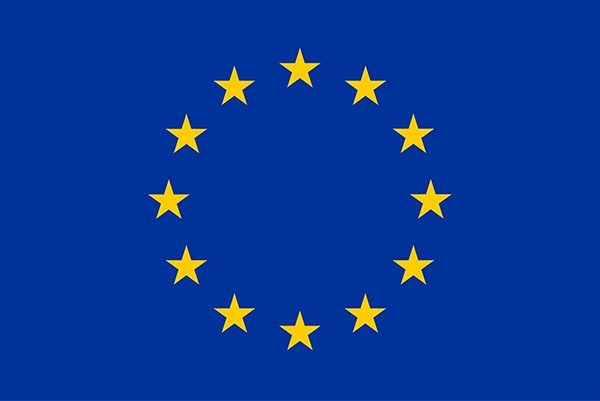Open science and innovation comes to the fore in Horizon Europe by assimilating (or dissolving) thematic elements of RRI, but it remains unclear what is meant by ‘openness’ and how the existing ‘Science with and for Society’ (SwafS) concepts and practices (e.g. RRI, ELSI, TA) are related to such open approaches. One of the practical challenges here is that ethics research applied to medicine, environment and robotics/AI has been rather separately developed although scientific research is increasingly converging and inter-/trans- disciplinary. Another challenge is that scientific research now requires more bottom-up, networked and adaptive governance across organisational and institutional boundaries. This workshop will therefore examine the concept of openness by addressing issues on ethics research and research governance in Norway, Europe and Japan.
Date: 12:00-16:00, Friday 13 September 2019
Venue: Work Research Institute (AFI), OsloMet – Oslo Metropolitan University, Norway
- Introduction by Go Yoshizawa (AFI, OsloMet)
- ‘Local enactment of human practices: iGEM and the challenge of openness in education’ Koichi Mikami (Faculty of Science and Technology, Keio University)
- ‘Ethical and legal framework and public dialogue on expanding genome editing applications’ Jusaku Minari (Center for iPS Cell Research and Application, Kyoto University)
- ‘AI and medicine: changing role and responsibilities of experts’ Arisa Ema (Institute for Future Initiatives, University of Tokyo)
- ‘Embodied engagement: a case study of the multidisciplinary creation of a cyborg’ Knut Jørgen Vie (AFI, OsloMet)
- ‘Technological care: health professionals’ discourses on home technology seen through a capability approach’ Erik Thorstensen (AFI, OsloMet)
- ‘Engaging stakeholders in biotechnology patenting; a post-normal analysis of the European patent system’ Anders Braarud Hanssen (Faculty of Technology, Art and Design, OsloMet)
- ‘RRI and Open Science: synergies, differences and the potential for transformative change’ Mads Dahl Gjefsen & Clare Shelley-Egan (AFI, OsloMet)
